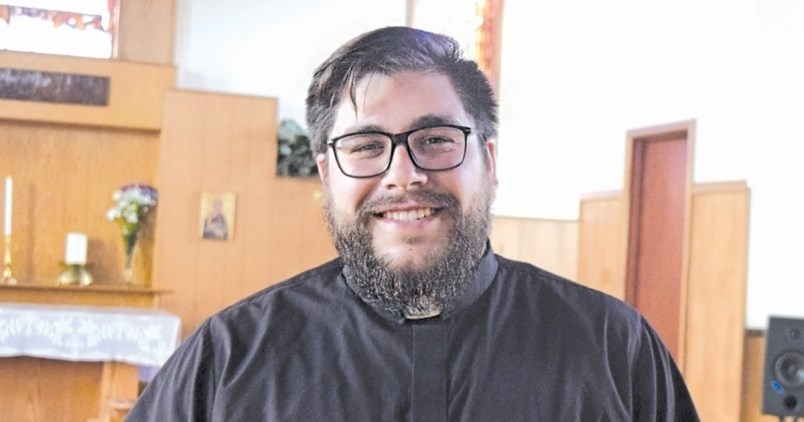A few weeks ago the world entered a new year: 2021. Like many people, I am relieved to leave 2020 behind. It was a difficult year that put enormous pressures on my mental health.
2021, with news of vaccines being administered to people across the world, has come into being with feelings of hope. For many people, the New Year has always come with feelings of hope – hope that this coming year will be better than the last, hope that we can lives our lives differently, hope for a fresh start. Many people at this time ask themselves, “Who am I? Who do I want to be?”
In the Anglican Church, the Bible readings we are hearing are all around identity. In the weeks following Christmas, the readings in lectionary try to answer the question, “Who is Jesus?”
On Christmas Day, we heard how an angel appeared to shepherds in a field. The angel said, “Today in the town of David a Saviour has been born to you; he is the Messiah…” (Luke 2:11)
On Epiphany, we read how Wise Men from the East followed a star to the place where Jesus and his parents lived. The star, we are told, foretold the birth of the Messiah. (Matthew 2:1-12)
This week we are celebrating Jesus’ baptism in the Jordan River. Before he baptized Jesus, John the Baptist told his followers about the Messiah who “will baptize you with the Holy Spirit.” (Mark 1:8) After John baptizes Jesus, “a voice came from heaven: ‘You are my Son, whom I love; with you I am well pleased.’” (v. 11) The Gospels want us to know who Jesus is. And, who Jesus is is rooted in his origins. He comes from God. He is God’s Incarnation. Jesus does the things he does and says the things he says because of who he is.
What does Jesus’ identity have to do with us and our identity? In the Gospels, Jesus is always inviting his disciples, the people gathering around him, and us to join him. He invites us to do what he does: to give food, water and clothing to people in need, to pray with people, and to offer a helping-hand wherever we can.
Our identity, however, is not rooted in what we do. Like Jesus, our identity is rooted in our origins. We, too, are created by God. As the psalmist says, “For it was you who formed my inward parts; you knit me together in my mother’s womb.” (Psalm 139:13) St. Paul says that nothing “will be able to separate us from the love of God.” (Romans 8:39) In other words, we know who we are because we know we are created and loved by God. We are children of God.
New Years and reflections about our identity, bring us back to a foundational truth: we all desire to belong. Jesus reminds us that we belong to and are loved by God.



